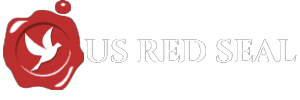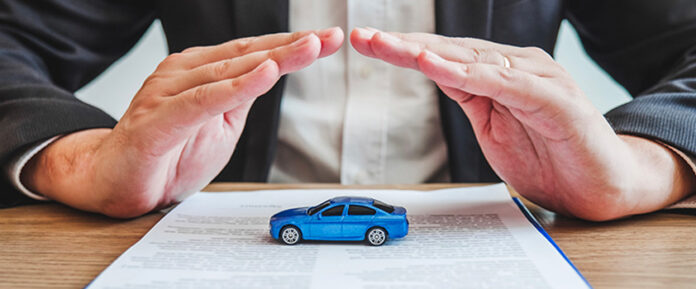Automotive insurance is a type of insurance that helps protect you financially in the event of an accident involving your vehicle. It can also cover damage to your vehicle from theft, vandalism, or other perils. There are several types of automotive insurance coverage available, including:
-
Liability insurance: Liability insurance helps cover the costs of bodily injury or property damage that you cause to others in an accident.
- Collision insurance: Collision insurance helps cover the costs of damage to your vehicle from an accident with another vehicle or object.
- Comprehensive insurance: Comprehensive insurance helps cover the costs of damage to your vehicle from theft, vandalism, fire, or other perils.
- Uninsured/underinsured motorist insurance: Uninsured/underinsured motorist insurance helps cover the costs of bodily injury or property damage that you cause to others who are uninsured or underinsured.
- Personal injury protection (PIP) or medical payments (MedPay): PIP or MedPay insurance helps cover the costs of medical expenses for you and your passengers in the event of an accident.
What is a notary public?
A notary public is an official appointed by a state government to witness the signing of documents and verify the identities of the signers. Notaries also have the authority to administer oaths and take depositions.
How does automotive insurance relate to notary services?
In some cases, automotive insurance documents may need to be notarized. For example, if you are selling your vehicle and transferring ownership to the new owner, you may need to have a bill of sale notarized. Additionally, some insurance companies may require that certain documents, such as powers of attorney or affidavits, be notarized before they will accept them.
Benefits of using a notary public for automotive insurance documents
There are several benefits to using a notary public for automotive insurance documents, including:
- Legitimacy: A notary public’s seal and signature can help to legitimize your documents and make them more credible.
- Accuracy: Notaries are trained to verify the identities of signers and ensure that documents are signed correctly.
- Security: Notaries take steps to protect your documents and your personal information.
How to get automotive insurance documents notarized
To get an automotive insurance document notarized, you will need to:
- Bring the document to a notary public.
- Present a valid form of identification, such as a driver’s license or passport.
- Pay the notary fee, if applicable.
- Sign the document in front of the notary.
- The notary will then stamp the document with their official seal and signature.
Additional tips for getting automotive insurance documents notarized
- Schedule an appointment in advance to ensure the notary is available.
- Bring all required documents, including originals and copies.
- Review the documents carefully before signing.
- Ask any questions you have before signing.
Conclusion
Automotive insurance is an important investment that can help protect you financially in the event of an accident. If you need to have automotive insurance documents notarized, be sure to use a notary public who is experienced and qualified. By following these tips, you can ensure that your documents are notarized correctly and efficiently.

